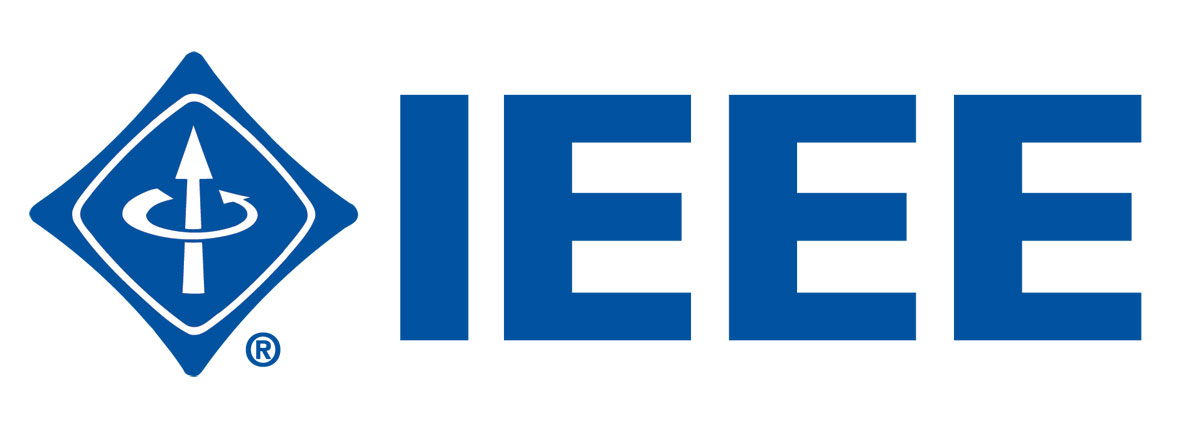The local Committee of
DTIP organizes the local arrangements for successful venue,
accomodation, welcome, and the environment that promotes fruitful
scientific exchanges during the symposium.
Local Committee Members:
Steering Committee
The Steering Committee of DTIP oversees the long-term planning and success of current instances of the Symposium; plans for future conferences in the series; evaluates how well each conference has achieved its objectives; proposes and implements improvements to continuously meet these objectives.
The Steering Committee is responsible for making strategic decisions, including but not limited to: the appointment of the Local Organization Chair and Technical Program Chairs (including removal and reappointment if necessary); providing guidance, oversight, and support for the Executive Committees of instances of the conference; selection of conference dates and locations; determining the major theme of the conference; coordination amongst partners; creation or approval of any conference specific policies; enforcement of ethical policies; and reviewing the budget.
Technical Program Committee
DTIP’2023 is organized as a set of two conferences in a unique scientific event. Attendees will be able to follow the integrality of the program either live or using the replay option. Both conferences have their own topics of interest and Program Committee as listed below.
Local Committee Members:
| |
The Steering Committee of DTIP oversees the long-term planning and success of current instances of the Symposium; plans for future conferences in the series; evaluates how well each conference has achieved its objectives; proposes and implements improvements to continuously meet these objectives.
The Steering Committee is responsible for making strategic decisions, including but not limited to: the appointment of the Local Organization Chair and Technical Program Chairs (including removal and reappointment if necessary); providing guidance, oversight, and support for the Executive Committees of instances of the conference; selection of conference dates and locations; determining the major theme of the conference; coordination amongst partners; creation or approval of any conference specific policies; enforcement of ethical policies; and reviewing the budget.
DTIP’2023 is organized as a set of two conferences in a unique scientific event. Attendees will be able to follow the integrality of the program either live or using the replay option. Both conferences have their own topics of interest and Program Committee as listed below.
This Conference will bring together researchers, engineers and practitioners involved in the development of CAD tools and design methodologies for MEMS and MOEMS. Topics of Interest CAD: Integrated CAD/CAE tools, languages and interchange of data, MEMS/MOEMS libraries and IP, Modelling and simulation of fabrication processes, Structured design methodologies, System-level design methodologiesDESIGN: Mechanical simulation, Model order reduction, Multi-physics & Multi-domain simulations, Numerical simulation, other design issues, Signal processing & Front-ends, Thermal evaluation TEST: Failure mechanisms, Fault modelling, Fault simulation and test pattern generation, Yield estimation DEVICES & COMPONENTS: RF MEMS, MOEMS, energy harvesting, bio and fluidics, Inertial and Resonant sensors, other sensors & actuators Technical program committee Shuhei AMAKAWA, Hiroshima University, Japan Giancarlo BARTOLUCCI, University of Roma Tor Vergata, Italy Owen CASHA, Univ. Malta, Malta Abe ELFADEL, Khalifa University, Abu Dhabi, United Arab Emirates Russell FARRUGGIA, Univ. Malta, Malta Dooyoung HAH, Abdullah Gul University, Turkey Akio HIGO, The University of Tokyo, Japan Elie LEFEUVRE, Univ. Paris-Saclay, France Frederick MAILLY, Univ. Montpellier, France Jan MEHNER, TU Chemnitz, Germany Giovanni Maria SARDI, CNR, Italy Gerold SCHROPFER, Coventor, France |
This Conference will bring together researchers, engineers and practitioners involved in the development of integration technologies and packaging for MEMS and MOEMS. Topics of Interest MICROFABRICATION: assembly technologies, microlithography issues for MEMS/MOEMS, micromachining, micro-molding, nano-imprint, embossing, othersINTEGRATION: flexible technologies and printed electronics, co-integration between MEMS and electronics, 3D technologies PACKAGING: MOEMS, RF and microwave, vacuum and other harsh environments, others MATERIALS: piezoelectric, PDMS, others CHARACTERIZATION: dimensional measurements, non-destructive evaluation, PCM & test structures, physical measurements, reliability and failure analysis DEVICES & COMPONENTS: RF MEMS, MOEMS, energy harvesting, bio and fluidics, Inertial and Resonant sensors, other sensors & actuators Technical program committee Knut AASMUNDVEIT, USN, University of South-Eastern Norway Cédric AYELA, Université de Bordeaux, IMS Laboratory, France Alain BOSSEBOEUF, CNRS, Univ. Paris-Saclay, France Victor BRIGHT, Univ. of Colorado at Boulder, USA Henri CAMON, LAAS, CNRS, FRANCE Stéphane CAPRARO, Laboratoire Hubert Curien, France Peter FURJES, Centre for Energy Research, Hungary Alexandra GARRAUD, Enerbee Technology, France Cécile GHOUILA-HOURI, Centrale Lille, France Kristin IMENES, University of South-Eastern Norway Takayuki KIBA, Kitami Institute of Technology, Japan Charlotte KUTYLA, Univ. Paris-Saclay, France Tie LI, Shanghai Institute of Microsystem & Information Technology, China Gaëlle LISSORGUES, ESIEE, UNiv. G. Eiffel, France Emile MARTINCIC, Univ. Paris-Saclay, France Yoshio MITA, Univ. Tokyo, Japan Johan MOULIN, Univ. Paris-Saclay, France Blaise MULLIEZ, LAAS CNRS, France Fabien PARRAIN, Univ. Paris-Saclay, France Yves-Alain PETER, Polytechnique Montreal, Canada Sarah RISQUEZ, Silicon Austria Labs, Austria Stewart SMITH, Univ. Edimburgh, UK Abdelkrim TALBI, IEMN/Centrale Lille Institut, France John TUDOR, University of Southampton, UK Murat Kaya YAPICI, Univ. Sabanci, Turkey Dong F. WANG, Jilin University, China Zhenfeng WANG, SIMTech, Singapore Jian ZHU, Nanjing Electronic Devices Institute, China |


